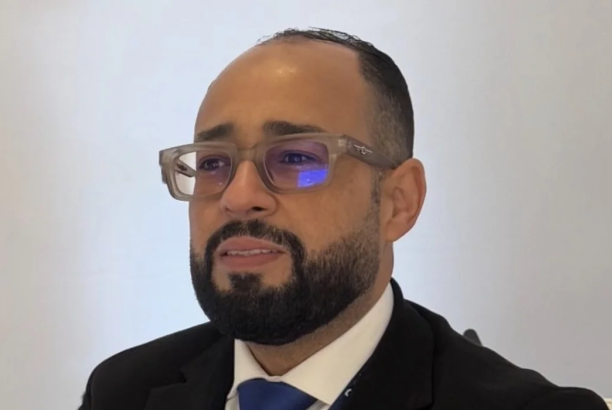| Economic articles
Al-Safi: “Whoever Understands Political Economy Will Rule Libya”
The economic expert Mohamed Al-Safi wrote: Whoever understands political economy will rule Libya.
Let us imagine politics as a market, with traders (politicians) and customers (citizens). In this market, the successful traders are those who understand the signals of the market and recognize what customers want, getting ahead of other traders in bringing the “desired goods” and dominating the market. This analogy, in simple terms, is an entry point for understanding political economy. Whoever masters its rules will rule the country in the future.
Let us apply this analogy to some political events in Libya, particularly electoral milestones, to understand how some “traders” read the market signals and responded to the demands of the “customers.”
The Revolution Slogan (2011–2013)
During this period, revolutionary sentiments were overflowing in the political “market,” and many people wanted to see the success of the February 17 Revolution project. Many politicians cleverly picked up this signal, so their “goods” became the slogan of “protecting the goals of the February Revolution.” The entities that adopted this slogan succeeded in reaching power. Looking back at the campaign ads of the General National Congress elections, this slogan was the most dominant.
The Counter-Terrorism Slogan (2014–2020)
With the spread of violence by extremist groups, there was a widespread sense of aversion to extremism, and an urgent need emerged to confront it, especially in the east of the country, which witnessed large-scale military operations. These conditions gave a clear signal to politicians, and the slogan of “eliminating terrorism” became the prevailing one, heavily used as a central tool in election campaigns, particularly during the House of Representatives elections.
The Reconstruction Slogan (2021 to the present)
At this stage, people began to grow weary of conflicts and wars, and their desire for hope and stability increased. This general atmosphere sent new signals to the “market,” indicating that demand had shifted toward construction and development. As a result, campaigns raising the slogan of “construction and reconstruction” spread as the defining theme of the phase. For example, during the presidential election campaigns that did not take place, most candidates adopted this slogan. Many lists in the current municipal council elections also carried the name “Reconstruction,” reflecting the politicians’ understanding of market signals and their ability to respond.
But what comes next?
In economics, there is the so-called Law of Diminishing Returns, which means that the yield of something decreases over time. Similarly, the slogan of reconstruction will remain important for a while, but its shine will gradually fade in the political market. Here emerges the role of the “smart traders” who will strive to understand what new “goods” the market demands. Can these goods be predicted and prepared in advance?
The “goods” in the political market must have specific characteristics: they must be easy to understand, visible, and measurable. These conditions were met in all the previous slogans (February Revolution, counter-terrorism, reconstruction). From my perspective, the new slogan most likely to emerge will revolve around one of two main axes: fighting corruption or confronting inflation.
The question remains: Will politicians understand this shift in the demands of the “customers” in the political market? Whoever gets ahead in providing these new “goods” will be the one able to dominate the market in the coming stage.





